In the previous post, I wrote about pregnancy in Belgium, about the regular check-ups, possibilities of maternity leave, or what you have to do before leaving on maternity leave. If you missed that one, find it here. Today I will share with you other subjects related to the D Day and after and give you tips on preparation courses I took in Brussels. Enjoy the reading and if you have some experience as an expat giving birth here or in any other country, please share your experience in the comments!
Birth Preparation Courses I took
I will first tell you about the birth preparation courses I took. As I was scared of the delivery, I took it in my hands and got ready for it with the help of prenatal yoga, hypnotherapy, and classical preparation. All these were partially (and some fully covered by my mutuelle or health insurance).
Yoga
I did prenatal yoga every week at Ressources Périnatureles in Ixelles recommended to me by my sage femme. The house was located just between my work and home and I could just walk there on foot if I wanted. I loved the atmosphere there – so welcoming, friendly, and zen. I directly felt like at home. At the ground floor, there is a yoga studio, and some other cosy room for different courses. Upstair s in the first floor, they have a space for workshops and mama meetings. The yoga lessons were lead by Nancy, a very nice lecturer. The yoga classes were for max. 8 ladies and place needed to be reserved in advance by phone or online. We gathered there all before the class started to have a talk altogether and it was a fun and relaxing time!
Hypnotherapy
In the same center Réssouces Périnaturelles and with the same lecturer Nancy I also did the hypnotherapy course. I did not want epidural and my biggest problem was the fear of pain and I read a lot about this method that it can help to focus your mind elsewhere but pain. It was 4 sessions where Nancy first shortly interviewed me about a secure place (from holidays, childhood etc.) and then I lied down and closed my eyes. I never understood how she did it but she was speaking and I got transferred in my mind to that place. Each time it was stronger. She also gave me some advice or affirmations that helped me a lot. So if you struggle with fear or you can’t stand the pain but don’t want to go for epidural, hypnotherapy or hypnobirthing is something you may be interested in doing.
Classic Birth Preparation Courses for Couples
I also did the classical preparation with my boyfriend at Ressources Périnaturells (I really liked that place!) 🙂 But this one was lead by two other sage femmes. This course consists of four weekly 120min.-long sessions for 4-6 couples and was focused on the technique of giving birth and correct breathing, how to recognize it´s time to leave to the hospital, they also spoke about pain relief methods and how to fight against the pain or about the fourth trimester. I would definitely recommend this course to understand better the process of giving birth and understand the options you have to write down your birth plan.
Prenatal Physiotherapy
It may sound all the above-mentioned courses were not enough for me so that I still took this one. 😀 Those were 4 evening courses provided by the birth physiotherapist at the hospital. It covered more or less everything as the previous course at Ressources Périnaturelles with some slight differences and more exercising.
Giving Birth in Belgium: Our Experience
In Belgium, you can choose if you want to give birth at a hospital or at home (if you are giving birth for the first time, they will probably ask you to go for the hospital to be under the supervision of “specialists” – yes I used quotation marks as in our case I cant call them so…). When at labor, your sage-femme can follow most of it in case of no complications or potential risks, and the presence of your partner/the father-to-be is very common. As I wrote in the previous post, I delivered at Hopital Iris Sud in Ixelles. I chose that one because of their support of breastfeeding, their pain reliefs methods such as a bath or kalinox (if you don’t want to take epidural, I highly recommend these alternatives), and the hospital has a very low rate of episiotomy (8% my doctor stated that time). Generally speaking, this hospital together with the St. Michel in Etterbeek are considered as some of the best public ones in Brussels. And then the newly opened Delta Hospital from the private ones.
Our experience with giving birth in Belgium was not outstanding due to the lack of professionalism and miscalculations of the present personnel. We came at 9 in the evening and they almost sent us home to come back in the morning. If we would do so, the little one would be born at home or in the car… I was followed by a present sage-femme and a young practicing student who didn’t seem competent enough. If I didn’t scream that much at the end of my bath, begging them to give me epidural that I changed my mind, they would just let me deliver in the bath without even noticing… Due to their lack of experience or underestimation, my doctor didn’t make it on time… But ok, if there had to be one thing that didn’t go well, I still prefer this than any other complication.
I have to say that all that followed after the labor was fine. I got the baby on my chest directly, Steven also. After the necessary was done, they muted the light and let us all 3 together in the room in order to get to know each other before moving us to the maternity ward. When we entered the room, I notice the number was 216. That night before coming to the hospital, I still needed to move something to the basement and called Steven asking the number of the door – he answered 216 but actually the number of his basement was 81. A sign? 🙂
At the room, we directly got some food they still had as we were both super hungry. The ladies/sage-femmes were all very nice, explained everything to me, and came every time I rang the bell because the baby was crying and I didn’t know what to do! 😀 Then I tried to get some sleep but couldn’t as I had to stare at the little miracle and felt I had just lived the most beautiful day of my life, the most amazing experience in life so far. And I knew that day changed my life forever…
After the Birth of Your Child
If everything goes well, you stay about 2-3 nights at the maternity ward. During these days you will not get much rest as first of all, the sweetest little miracle is lying next to you and you can’t even sleep because you constantly need to stare at her! 😀 Second, as from the first morning, many people are entering your room. Sage femmes/gynecologist to check on you or the sage-femme/Pediatr to check the baby or to show you how to change diapers, physiotherapist to show you what exercises you need to do, meal service or visitors.
After about a week from the birth, you will get a visit of the sage-femme you chose before to check on the baby and you (usually a week after the birth). It is usually a standard control and a blood test for the baby. This sage-femme will also stay available for your questions and can still visit you several times during the first months. It is usually covered by your mutuelle.
During the first three months, you have a right for help at home which comes in hand especially if you don’t have your parents or brothers or sisters close by who could help you. Their services are partially covered also by your mutuelle or almost fully by complementary health insurance (such as DKV). People from Familiehulp really did a good job for us when needed: they could watch the baby so that you can sleep during the day, do groceries for you or even prepare a lunch/dinner, wash the baby, do laundry or ironing or clean the house, etc.
You will also get a prescription for physiotherapy from your doctor. They will check you and also show you some exercises that you need to practice at home after six weeks following the birth. This goes further and later than the 3 exercises they teach at the maternity ward and it is really important to do it!
And here are still some important administrative tasks to do:
- Declare the birth of your child at the municipal authority of the place of birth before 15 days following the birth (they will also give you a form needed for receiving the family allocations and a birth confirmation for your mutuelle)
- Ask for family allocations by filling the form from the municipal authority
- Subscribe your baby at your mutuelle through a form received at the municipal authority
- Contact the closest station ONE or Kindengezien through a contact received at the maternity ward together with all the necessary data of the born baby in order to schedule the first visits in the scope of prevention, weighing, measuring and vaccination
So that is it what I can say regarding giving birth in Belgium. I hope you find some of this information or tips helpful, please do let me know in the comments below and share your experience here in Belgium or anywhere else where you live. I look forward to your feedback and I wish you good luck if this is something that awaits you and first of all, happy a healthy child!
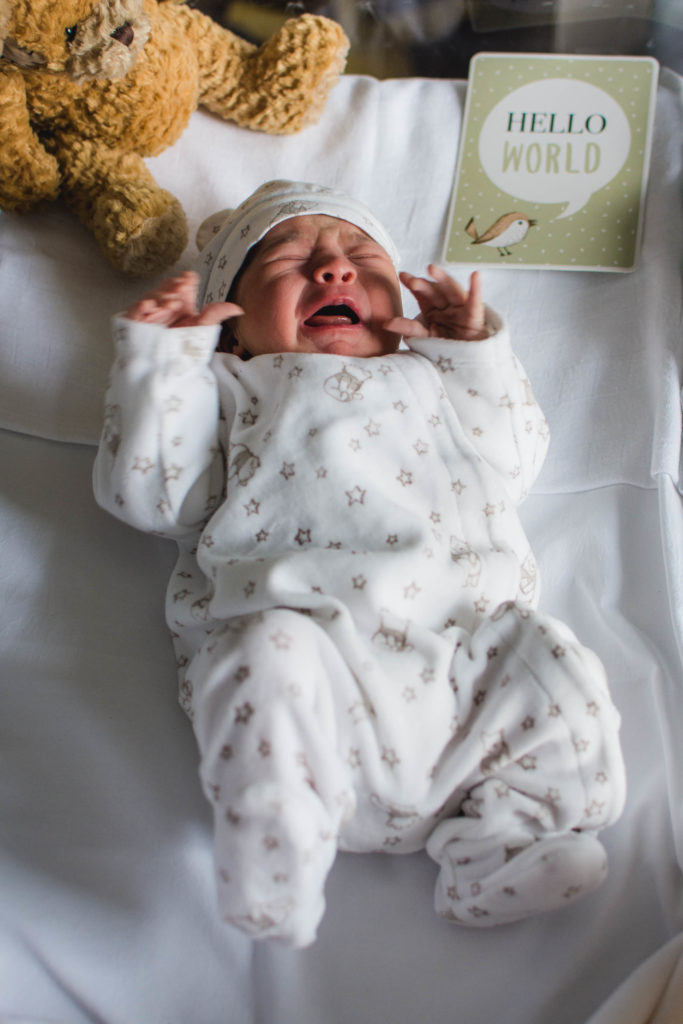
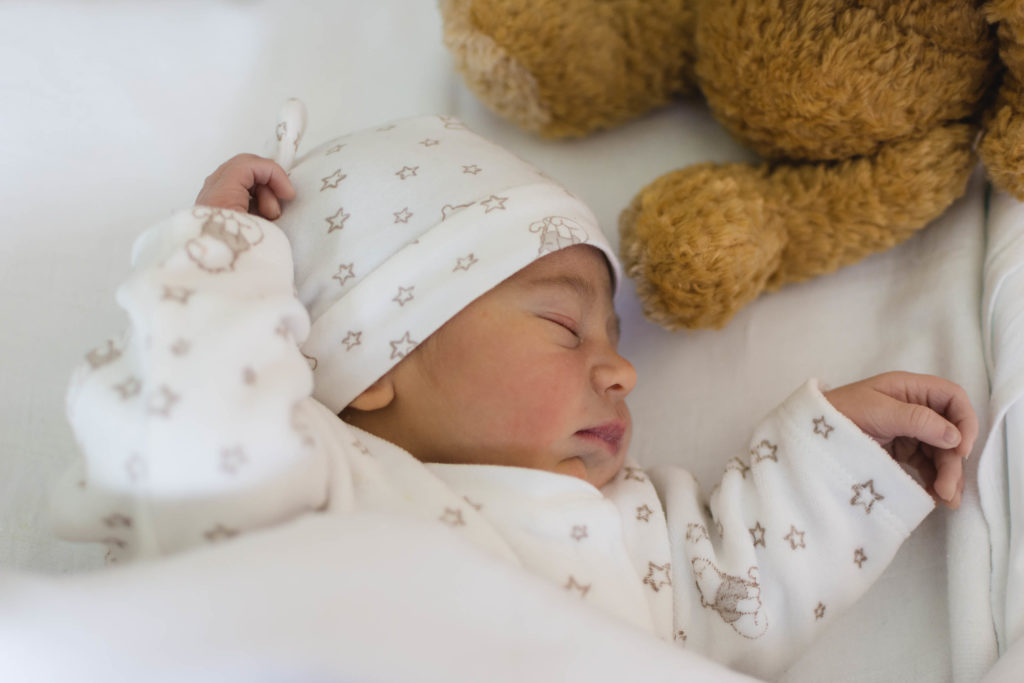
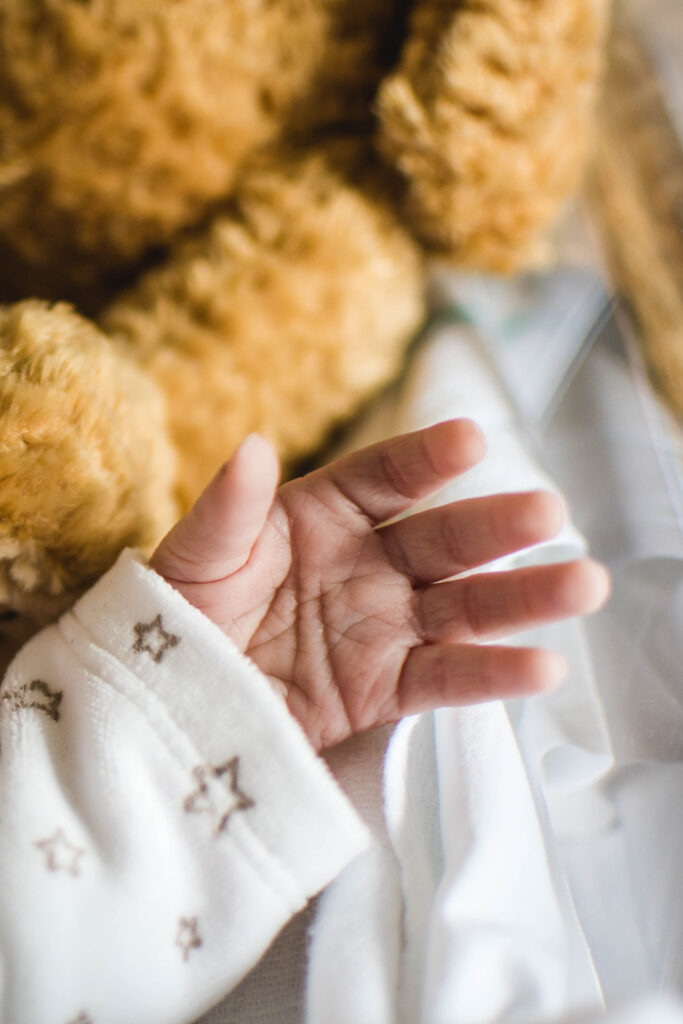
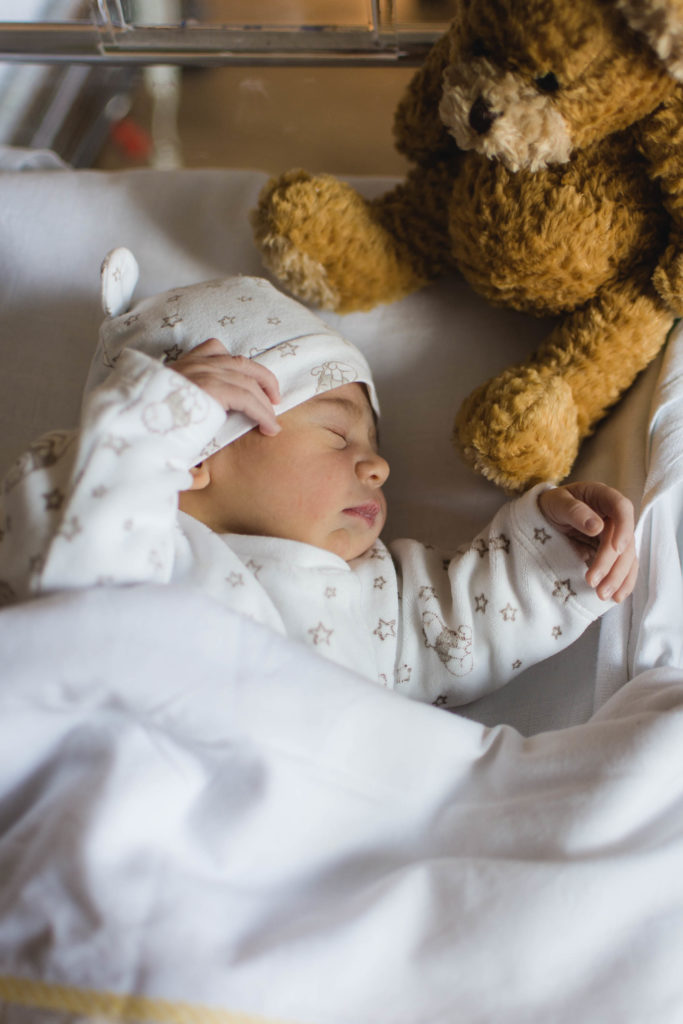
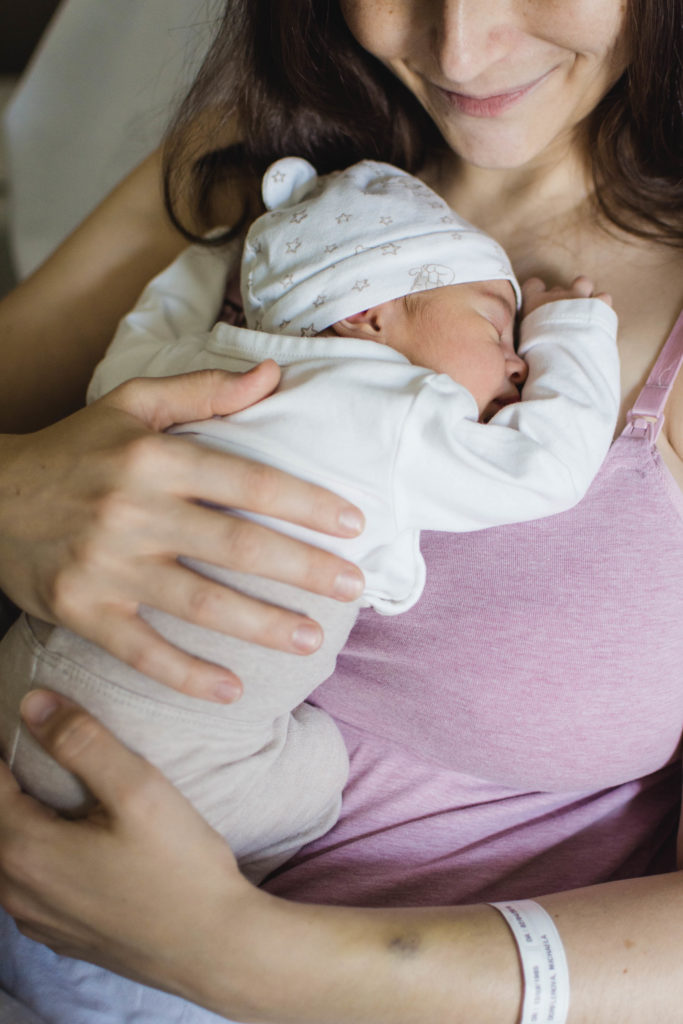
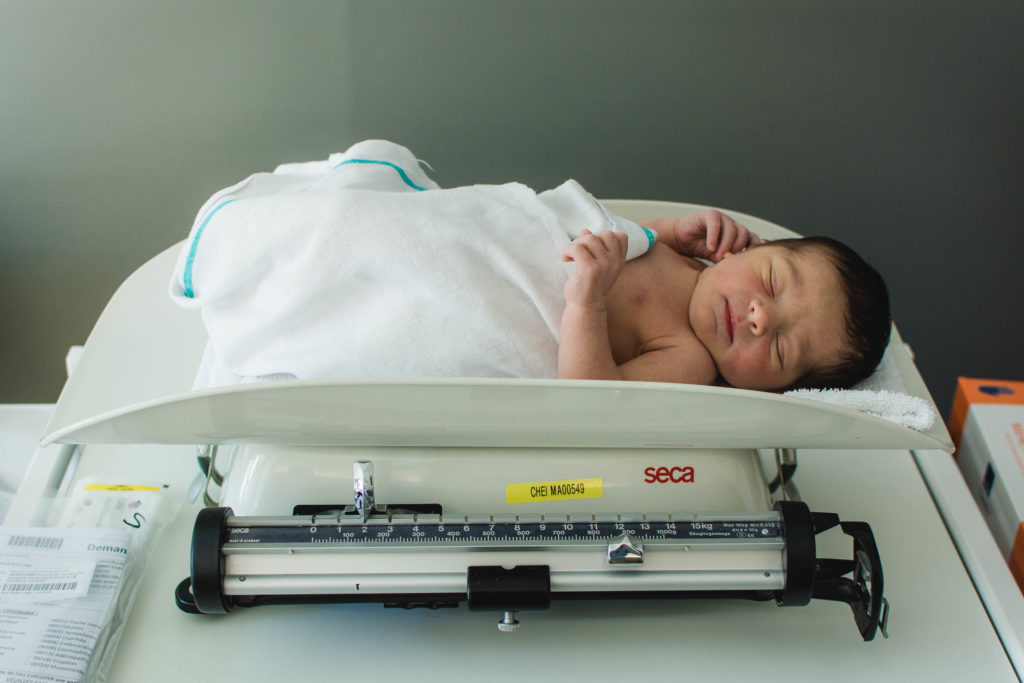
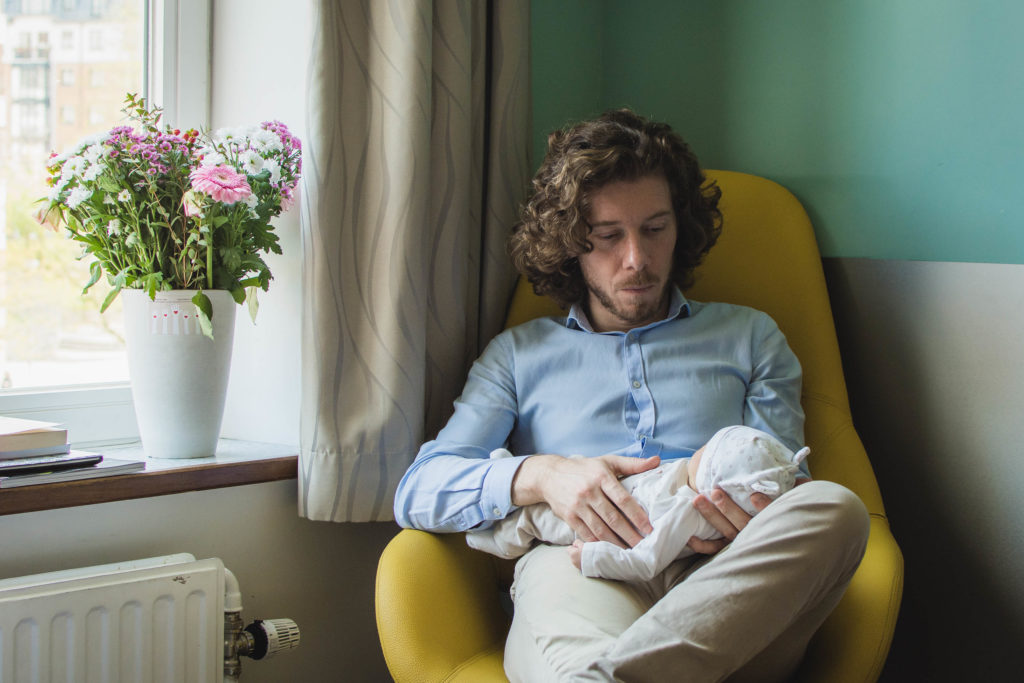


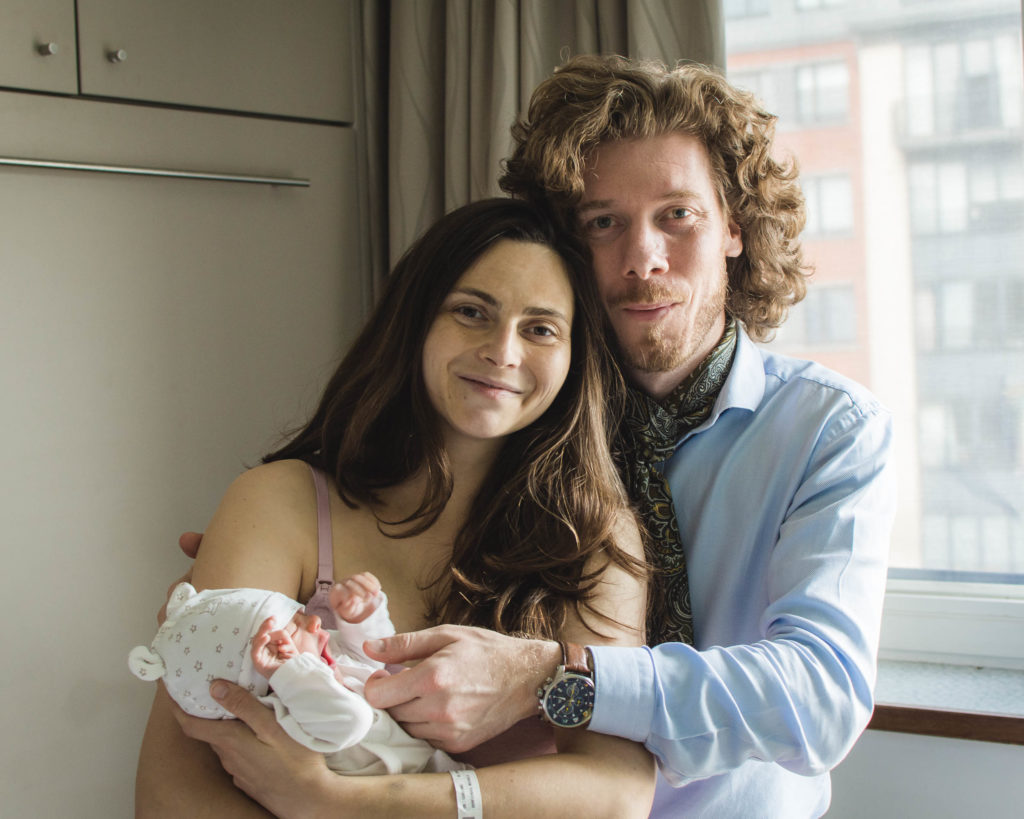
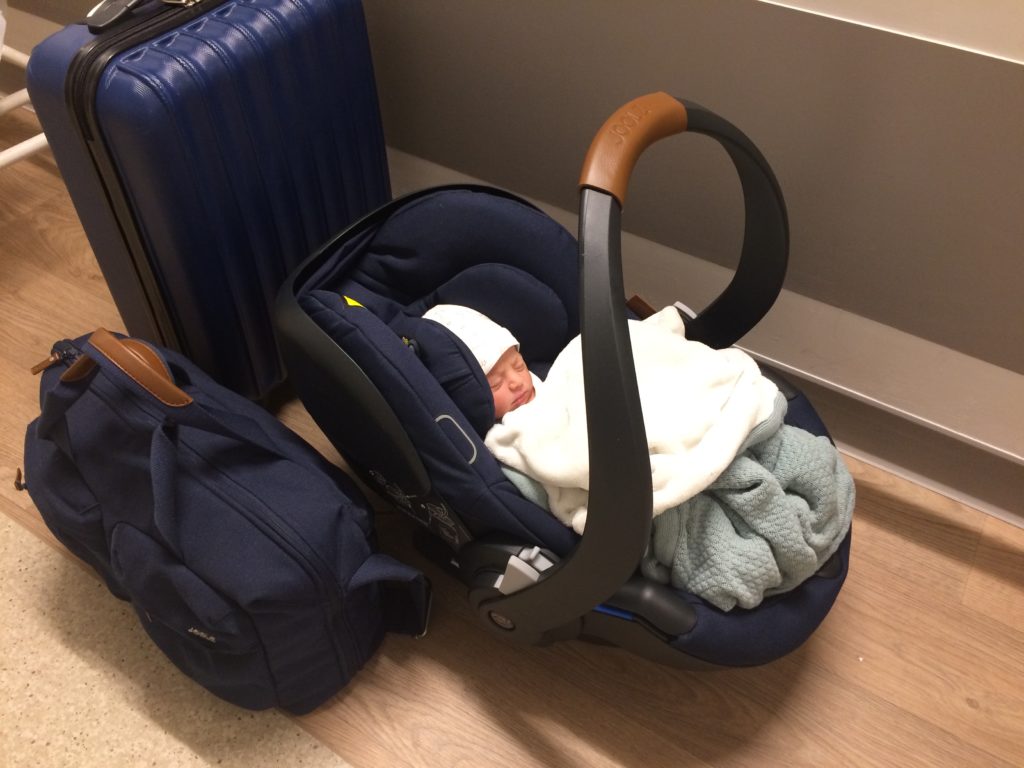
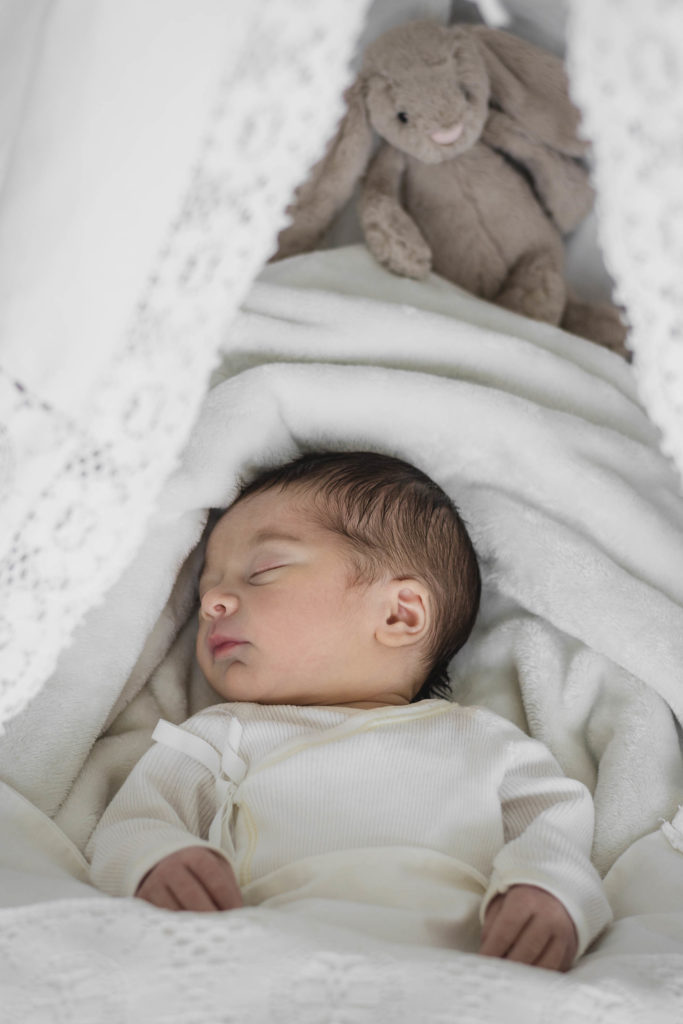
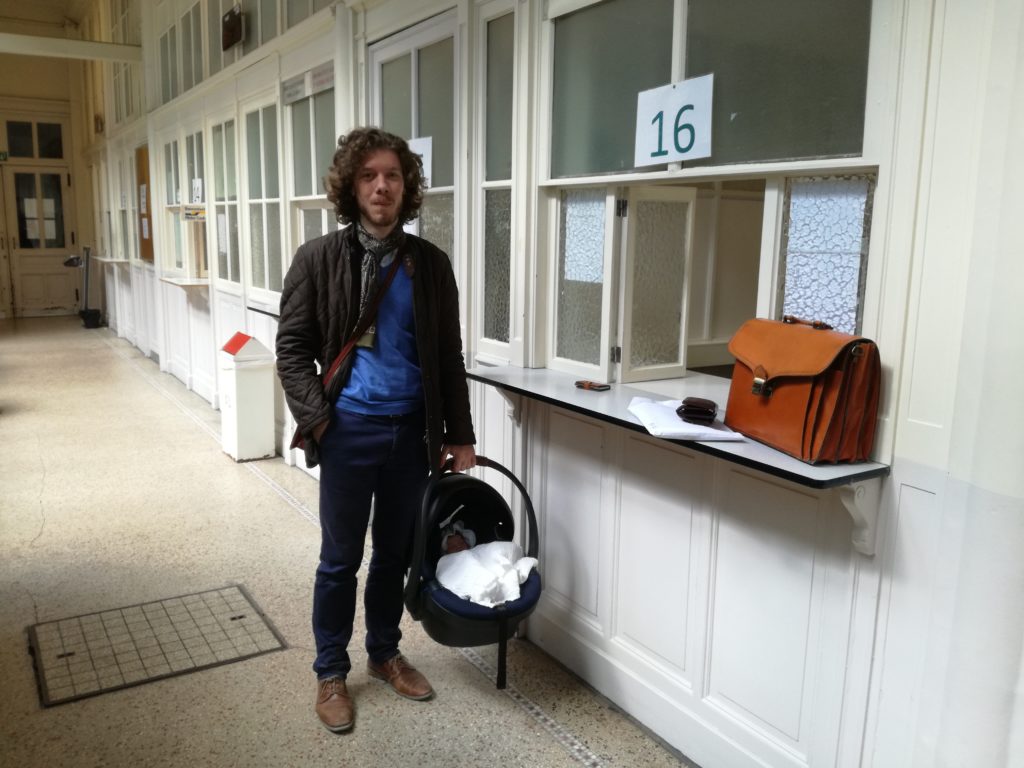

1 comment
Thanks so much for sharing this information and congratulations 🎉